Sharon Horgan: 'None of our lives are perfect, it’s the mess behind it people need to see'
BAFTA award-winning actress, writer, producer and director Sharon Horgan on awkward singing scenes, finding humour in the bleakest of situations and why a TV show about Covid-19 is surely just a matter of time…
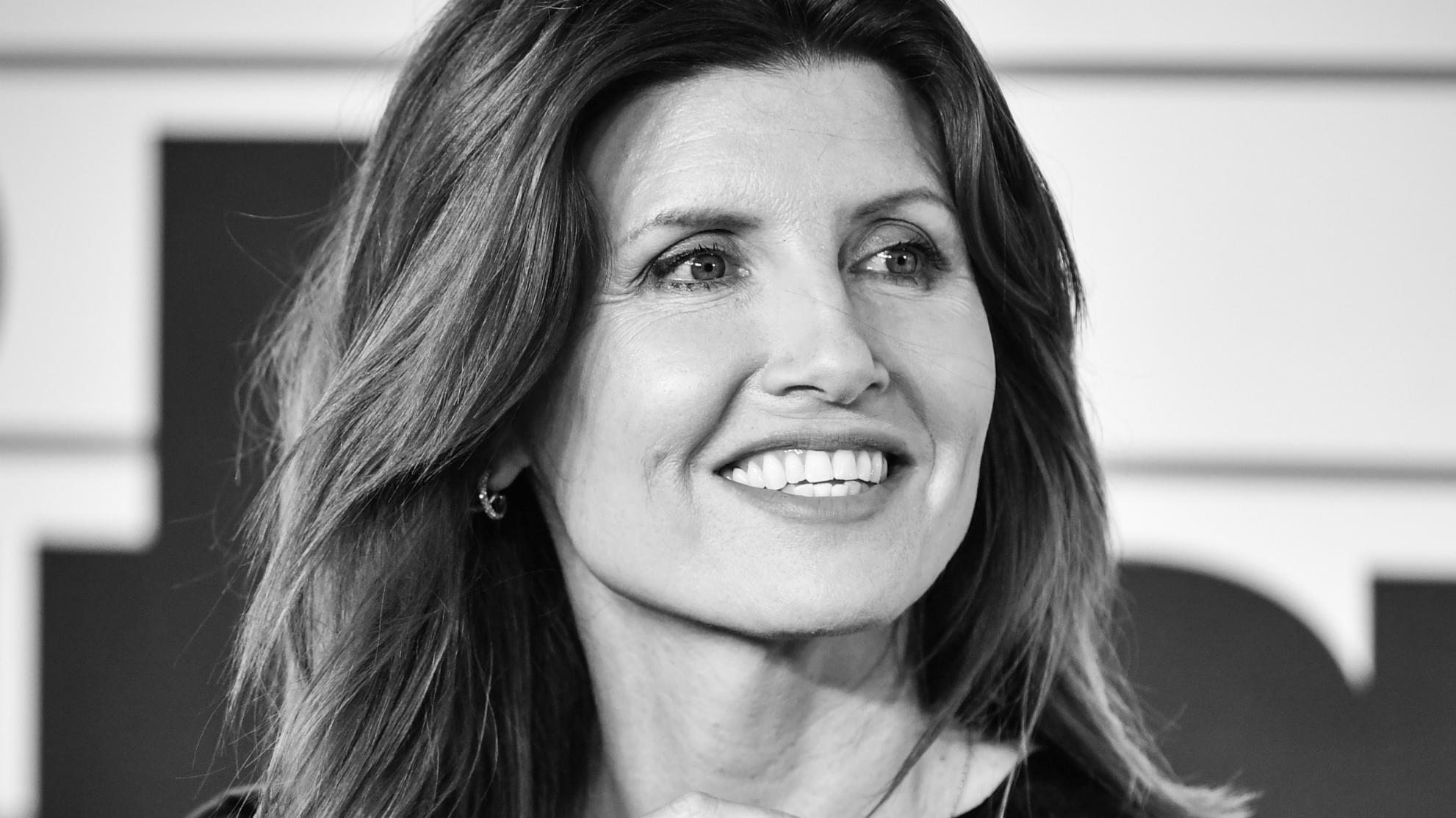
BAFTA award-winning actress, writer, producer and director Sharon Horgan on awkward singing scenes, finding humour in the bleakest of situations and why a TV show about Covid-19 is surely just a matter of time…
As the writer (and in most cases actress, too) behind some of our best-loved TV shows including Pulling, Catastrophe, Dead Boss, Divorce and Motherland, Sharon Horgan is in hot demand. Even mid-pandemic. She’s currently starring in Military Wives, a comedy based on the real-life story of a group of army wives who form a choir while their partners serve in Afghanistan. It means Horgan has found herself promoting the role via phone interviews from home, while simultaneously juggling conference calls with the Motherland team (series three is well underway). “I’m really thankful I can work from home and do my job,” she says, when I tell her we’re asking interviewees to share something they’re grateful for during the pandemic. “I’m really thankful for my family and the good friends I have in my life. That I’m in a position we can keep the company [Merman, the production company Horgan co-founded] going, and hopefully provide people with some kind of stability during this nutty time. I’m thankful my 11-year-old is sitting on the kitchen counter, talking to her friends on Facetime and doing her homework. I’m thankful the dishwasher is working again...”. Sharon Horgan, by all accounts, is very thankful. And right now, we couldn't be more thankful for Horgan, either.
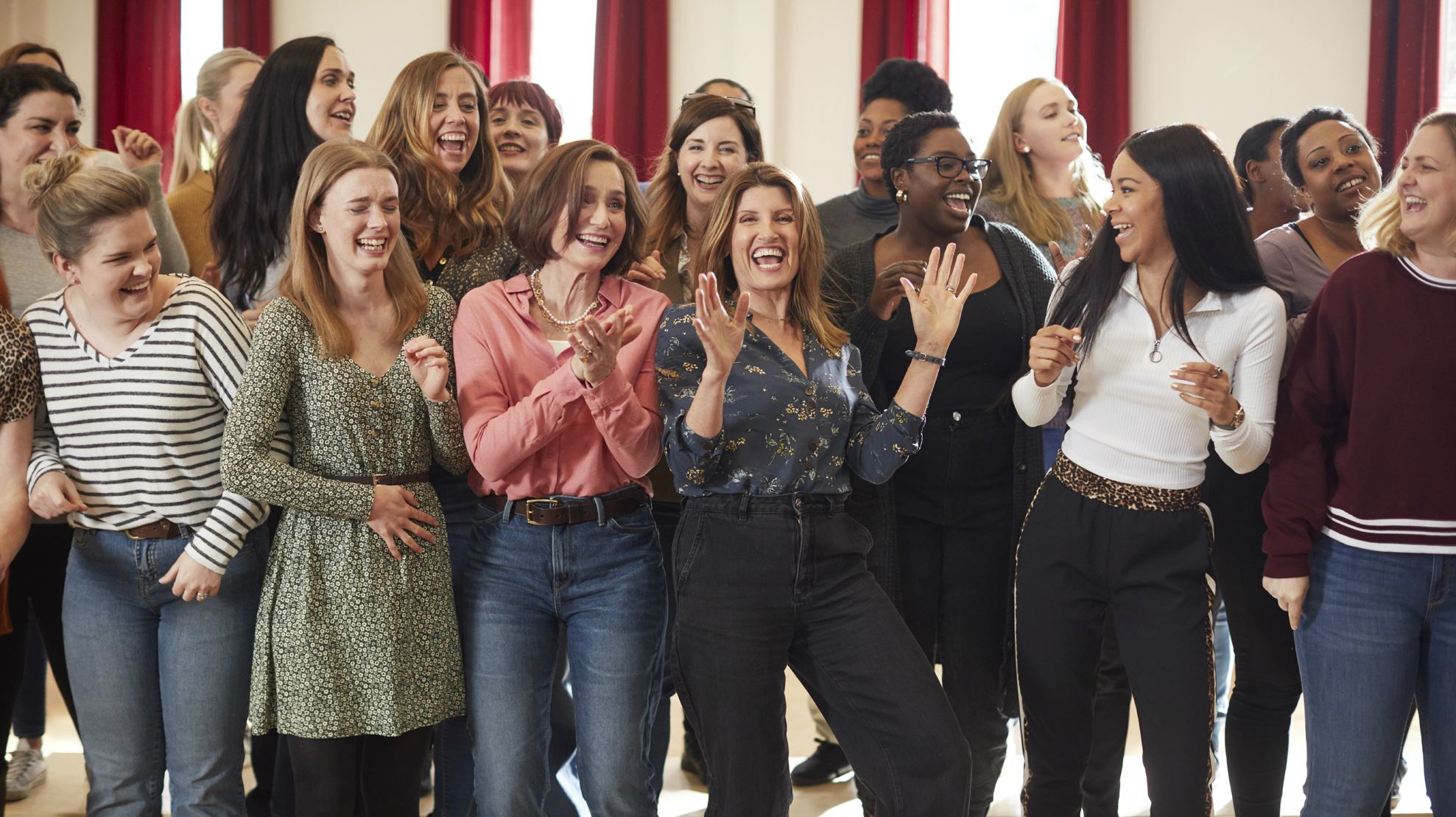
Military Wives is about a group of people trying to make the very best out of a bad situation. Nobody could have imagined how fitting that would feel in today’s climate…
No definitely not! Although while we were making it, that special feeling of ‘being better together’ was really apparent. And the world wasn’t exactly in the best shape before Coronavirus came along! So in that sense, if you look out for each other and come together you’re in a better place. It felt like the kind of film that could have an effect and make people feel good. It’s not the easiest of stories - terrible things happen and they’re in this really difficult situation, but there’s so much joy in it and a feeling of hope. Singing has that weird effect on people as well. We all had to stand around together feeling awkward and unsure of ourselves, then suddenly you start singing. That was an amazing feeling, even while we were in the middle of this mad, hectic schedule trying to get a film made in five weeks. You can’t help feeling good when you’re standing around, singing together.
Physiologically speaking, singing is proven to make you feel good, isn’t it?
Yeah, absolutely. You stand differently, you breathe differently, you open yourself up. For sure it does. I think none of us realised how much until we were in the middle of it. It made absolute sense the more we filmed, we understood why these women did it, why they needed it and why it worked. You stop thinking about everything else and concentrate on what you’re doing and getting it right, and it’s that focus and looking to the person standing beside you and hoping they’ll help you out when it goes a bit awry. It has a mad effect.
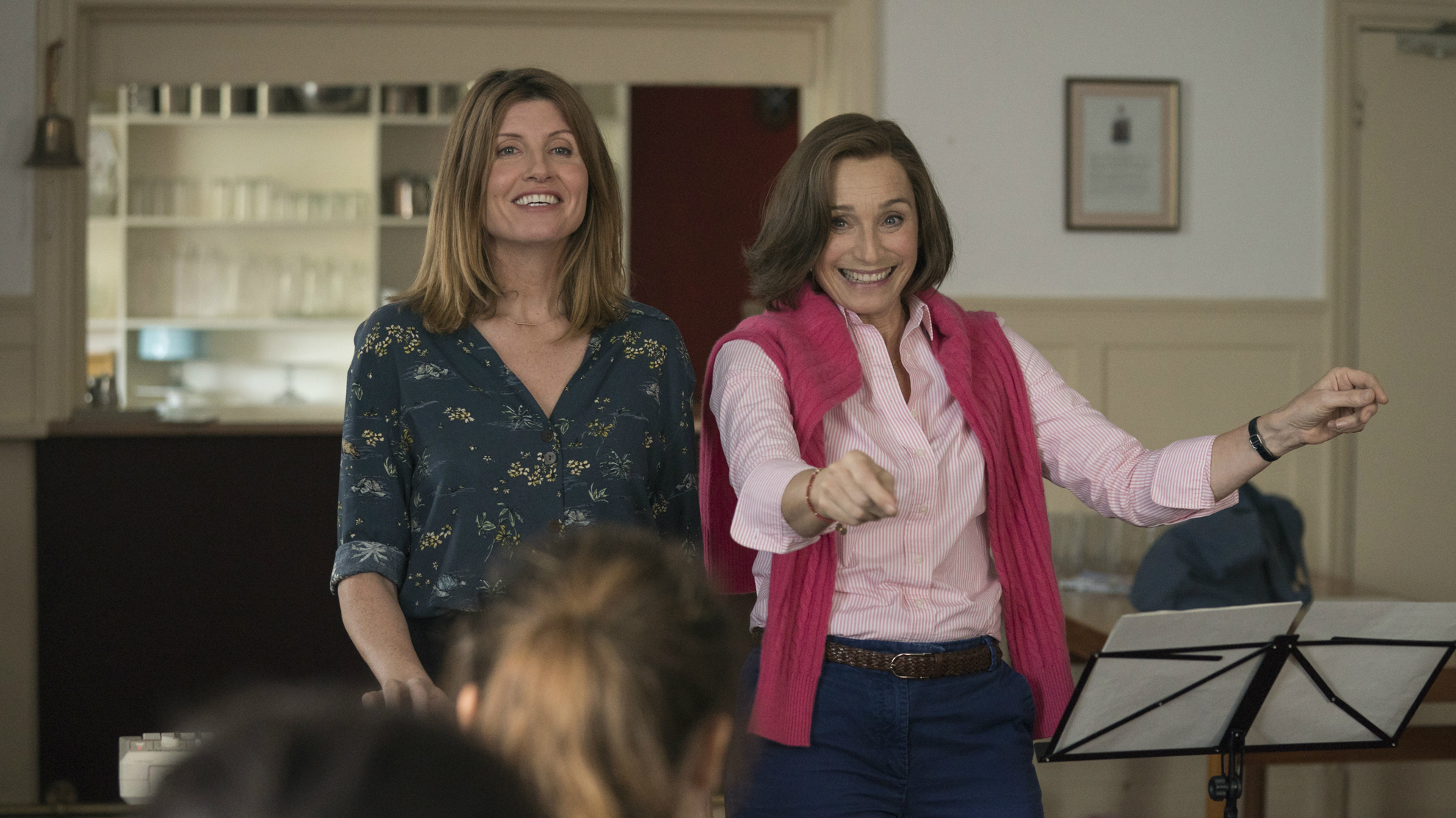
Were you nervous about the singing element?
Marie Claire Newsletter
Celebrity news, beauty, fashion advice, and fascinating features, delivered straight to your inbox!
There were good singers amongst us without a doubt, but the majority of us were proper novices and first-timers and were very anxious and self-conscious. When we had our first rehearsal it was for the final song and Peter [Cattaneo, the director] didn’t like us rehearsing or singing as he wanted us to genuinely get better in real time. He would freak out if he saw us practising too much! As we split up into groups, all your self-consciousness goes and you realise ‘Oh my god we don’t sound bad when we all do our part’. When there’s that many voices, it feels really, really good.
Obviously that singing scene in This Way Up [with Horgan’s friend Aisling Bea] was a tough act to follow...
It was ridiculous! We always knew if we did a thing together we’d either end up doing a karaoke version of The Corrs or The Cranberries. The great thing about that scene is how earnest they are, it’s kind of what makes it funny. We’re both definitely sure we sound great. And it was really, really hard to get through it, because every time we’d end up close in each other’s faces we’d just crack up, until everyone got really pissed off with us and time was running out. So we just had to pull ourselves together and do it. Being crap at something but taking it really, really seriously is genuine comedy.
How are you at watching yourself back on screen?
Not great. I’m not as good as I used to be. But I used to do it - and still do it - all the time as I make shows, so I’m in the edit watching myself constantly. So I have to put a barrier between what I’m seeing on screen and how I feel about myself. I have to focus on the project as a whole rather than on my big face [laughs]. But when it’s something like this, you come in and do your thing and leave and you’re really just seeing it for the first time when it’s on screen at your premiere. I can’t say I don’t cringe at myself sometimes, and the singing thing makes it that little bit worse. I went to the Military Wives premiere with both my daughters [Sharon has two daughters, Sadhbh and Amer] and when it’s teenagers their cringe factor is just so high anyway that any time I open my mouth to sing, they’re staring at me like ‘How could you?’!
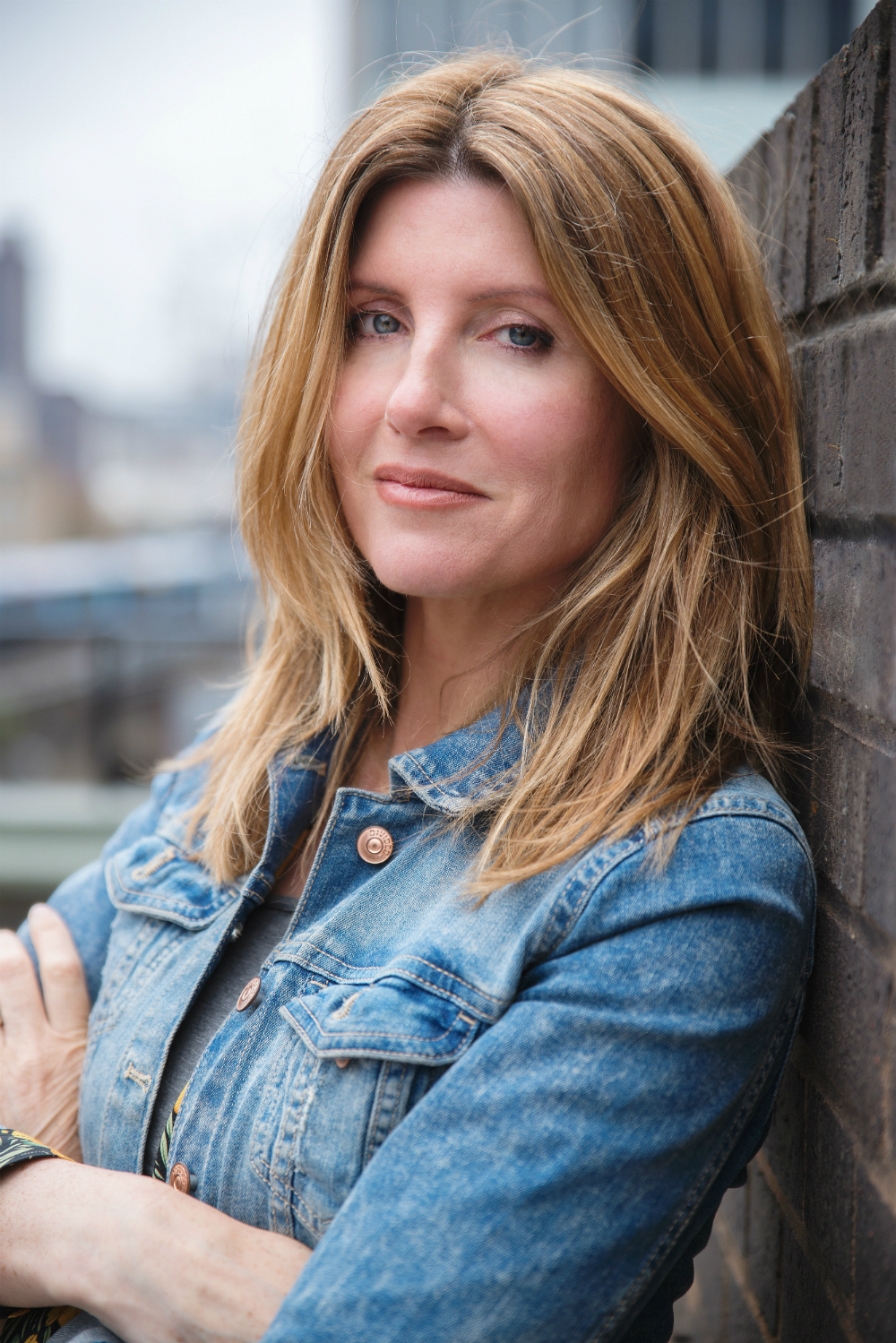
How do they feel about their mum being on TV?
I think they like it, it depends. I did a little character on Bob’s Burgers so my youngest was just thrilled with that, but other stuff they’re mortified about. They’d rather you were just under the radar a bit aren’t they? I think the creative side of it they like, and are fascinated by - when they see me writing at home and bringing home edits. Sometimes I’ll show them early cuts of things. That early process is interesting - what it goes through before it ends up on screen or on your TV.
Do you ever use them as sounding boards for Motherland?
They’re so harsh, they’re worse than any script editor or commissioner, it’s really tough. I showed them very early cuts of Motherland’s Halloween episode because I really did want to know if they recognised that experience, and if we nailed it. So occasionally I’ll ask for a bit of feedback but not that often, if I’m honest. We’re making an animation at the moment so I love showing them early animatics of that.
Much of your work manages to find humour in the very bleakest of scenarios. Is anything off-limits to you?
It’s just truthful isn’t it? Even in the worst, most dire situations someone says something stupid. Or someone fucks up and says the wrong thing and it’s kind of funny by accident. That’s what breaks the tension and makes people laugh, and then you suddenly feel that bit better. I think in real life it’s never black and white - bad stuff happens and you either cope with it well, or you mess up and break down and pull yourself together again. I suppose comedy is an incredible tool for that kind of stuff because it does reflect life. I’m a huge fan of drama of all kinds but when there’s no levity whatsoever that’s not real life. When people are trying to connect with a situation on screen it’s the reality of it that does that, when you touch on something they recognise that really connects them to what you’re saying. Comedy can be really helpful for that. I feel like nothing is really out of bounds because why should it be? It doesn’t mean you’re laughing at the situation or the people, you’re just getting through it and dealing with it in the best possible way you can.
There’s plenty of mileage at the moment for that. Can you see Covid-19 influencing the work you’re creating?
We just had a group call with the Motherland writers and we were like ‘We can’t ignore this can we?’. Surely we have to! Can we really go back to the school gates when nobody can even imagine standing outside a school gate at the moment? Clearly there will be films and TV made specifically about it, but it’s whether you have it bubbling around the outskirts of other things as well…I definitely feel like it’s something we’re not going to be able to wipe out of history. Who knows how long it’s going to last but the impact is enormous, and I can’t imagine it not having a continued impact even when we come out the other side.
As the co-founder of Merman [Horgan co-founded the production company with producer Clelia Mountford] you support and nurture a lot of female talent. Who should we all be watching out for?
We’re working with a brilliant writer and actress called Milly Thomas at the moment, we’re developing her first series and she’s definitely someone to watch out for. We’ve just made a film with a young Irish actress and writer called Clare Dunn, we took her first feature to Sundance and it did brilliantly well. We’re also working with a young director called MJ Delaney, who’s just directed our Gleeson Brother’s series, she’s an incredible visual talent.
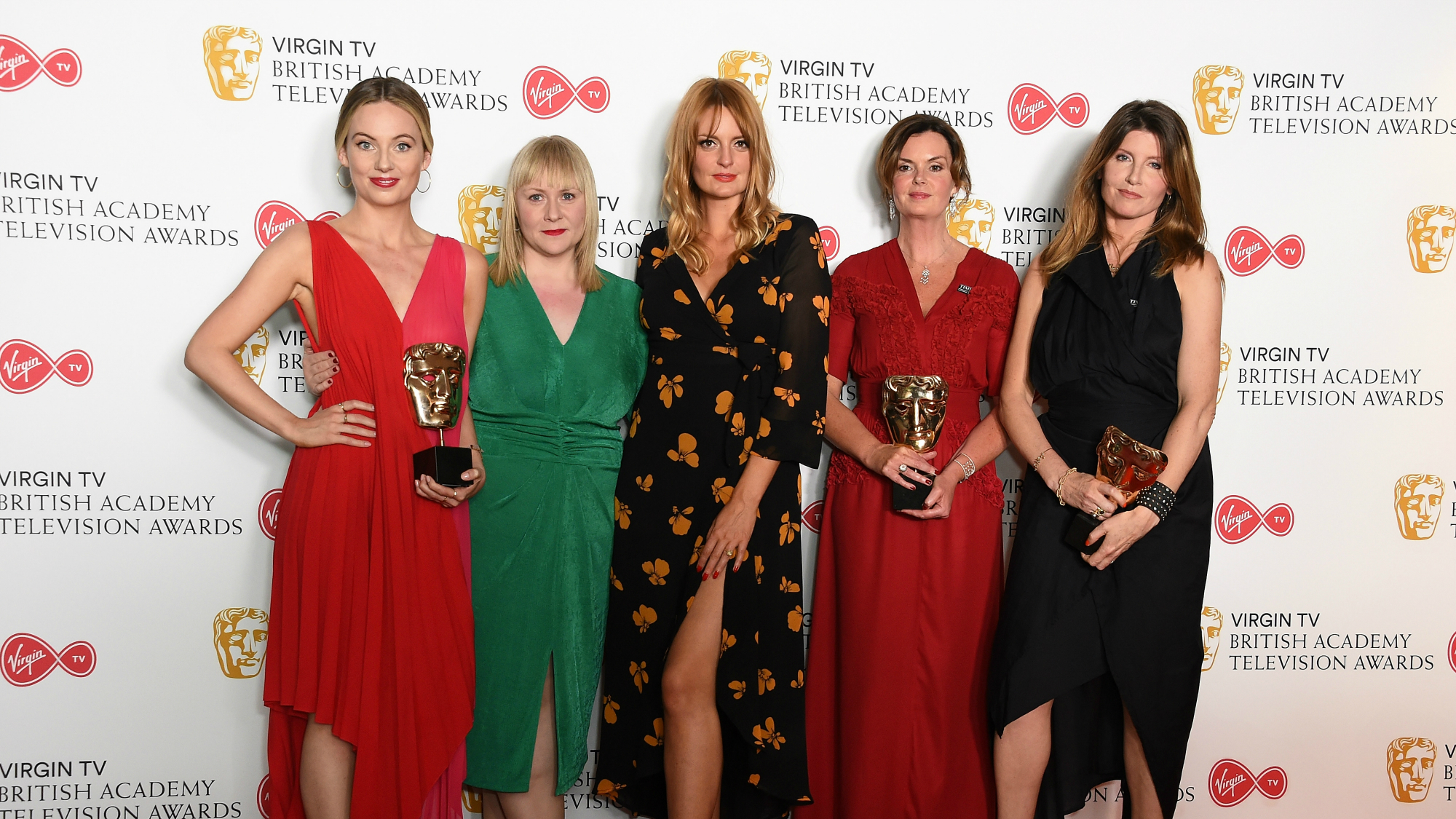
What do you think the biggest barrier is for women getting into the industry now?
Part of it is women are harder on themselves. They feel like they need to have all the tools before they put themselves forward whereas men are like ‘Yeah I can do that’. That’s why they have the jump on us. Anytime I talk to a group of women filmmakers, I say ‘Don’t wait! There’s an awful lot you can learn on the job if you have talent and a vision and something to say - jump into it!’. I think the other barrier is one that’s much more out of our control, which is that the history of film and TV is very, very, male-dominated and it’s going to take fucking years for that to change. We’re still in a situation where you make things in your own likeness. So if you’re a male director, you’re telling a male story and you’re connecting with a male writer and you’re passing that story onto a male actor. We need more people higher up the chain to change that. Women looking out for other women is part of what we’re trying to do at Merman. If we’re suggesting directors for something, we put together a very female-heavy list – I think you have to do that at the moment to force change. You have to vouch for people. If they don’t have the experience - which they won’t have because it’s been a male-dominated industry for so many years – then you have to say, ‘Well look, we have the experience and we’ve made TV, so I suggest you trust this person’. The big thing is people have to keep pushing forward with it. It can’t be an idea that’s in vogue now, it has to be something that’s continued and the push for change has to be relentless.
As somebody whose work is largely comedy, does the pressure of being ‘funny’ ever wear thin?
I’ve just got less funny over the years, I can tell you that! It used to be something that was so in my DNA, it was always about ‘how can I make people laugh?’. But I think once you get into the job and it’s your main source of everything, you kind of stop all that malarkey. It’s not necessarily about ‘Will this person find me funny?’ it’s about ‘I’m fucking exhausted, I don’t care if they find me funny or not’. The only time I give it any pressure is because I write about women, mothers and working mothers, and lot of female-centric issues and problems. I think I don’t necessarily have all the answers, so I feel a bit lacking sometimes when I meet brilliant women who expect me to be a lot more put-together or in control or on top of it. So that’s more the pressure I feel rather than a pressure to be funny.
If Sharon Horgan feels ‘lacking’ then we’re all screwed...
Yeah well that’s it! It’s admitting it and it’s not feeding into the Instagram perfect lifestyle that you project to make yourself feel like everything is OK, or your life is grand. I think if we all stop doing that, everyone would feel a bit better. None of our lives are Instagram perfect - you can take a snapshot of any moment and it might look OK, but it’s the mess behind it people need to see. I think it’s important to say when you feel like you’re fucking up or you’re out of control, or when you’ve messed up. Be very vocal about it, because it makes everyone relax a bit.
Military Wives is available now to rent from the comfort of your own home
Sophie Goddard is the Entertainment Editor of Marie Claire UK, as well as working across other titles in a freelance capacity. She has over 10 years journalism experience working on both digital and print platforms and prior to Marie Claire, worked at Glamour and Cosmopolitan magazine. Sophie writes about a number of topics, specialising in celebrity interviews and features. At Marie Claire, she is responsible for booking and interviewing cover stars and other celebrity interviews and is always open to pitches from publicists (she is always open to discussing sausage dogs, too).
-
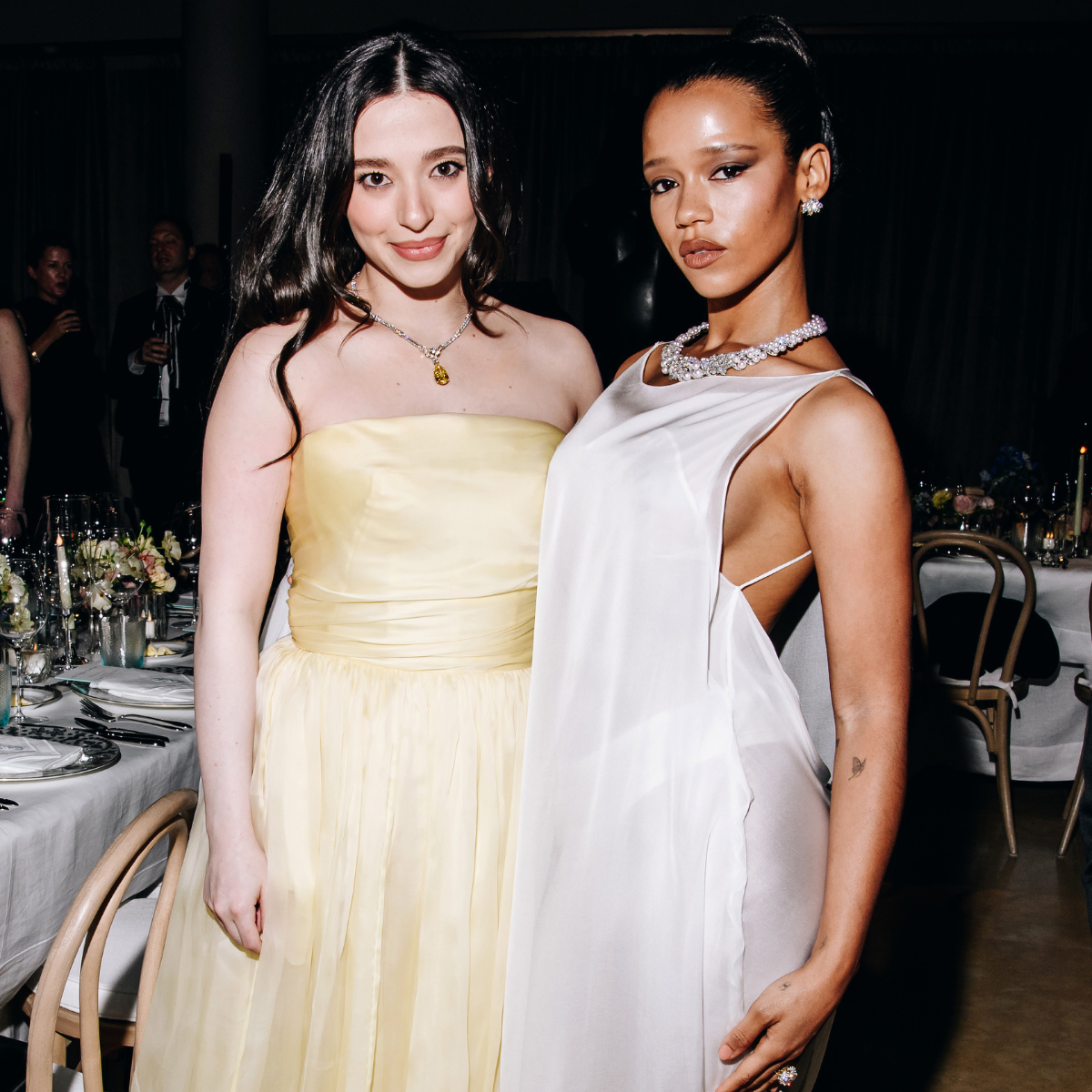 The 10 best dresses celebrities from Tiffany & Co.'s Blue Book 2025 Gala
The 10 best dresses celebrities from Tiffany & Co.'s Blue Book 2025 GalaCelebrating the brand's marine-inspired collection
By Sofia Piza
-
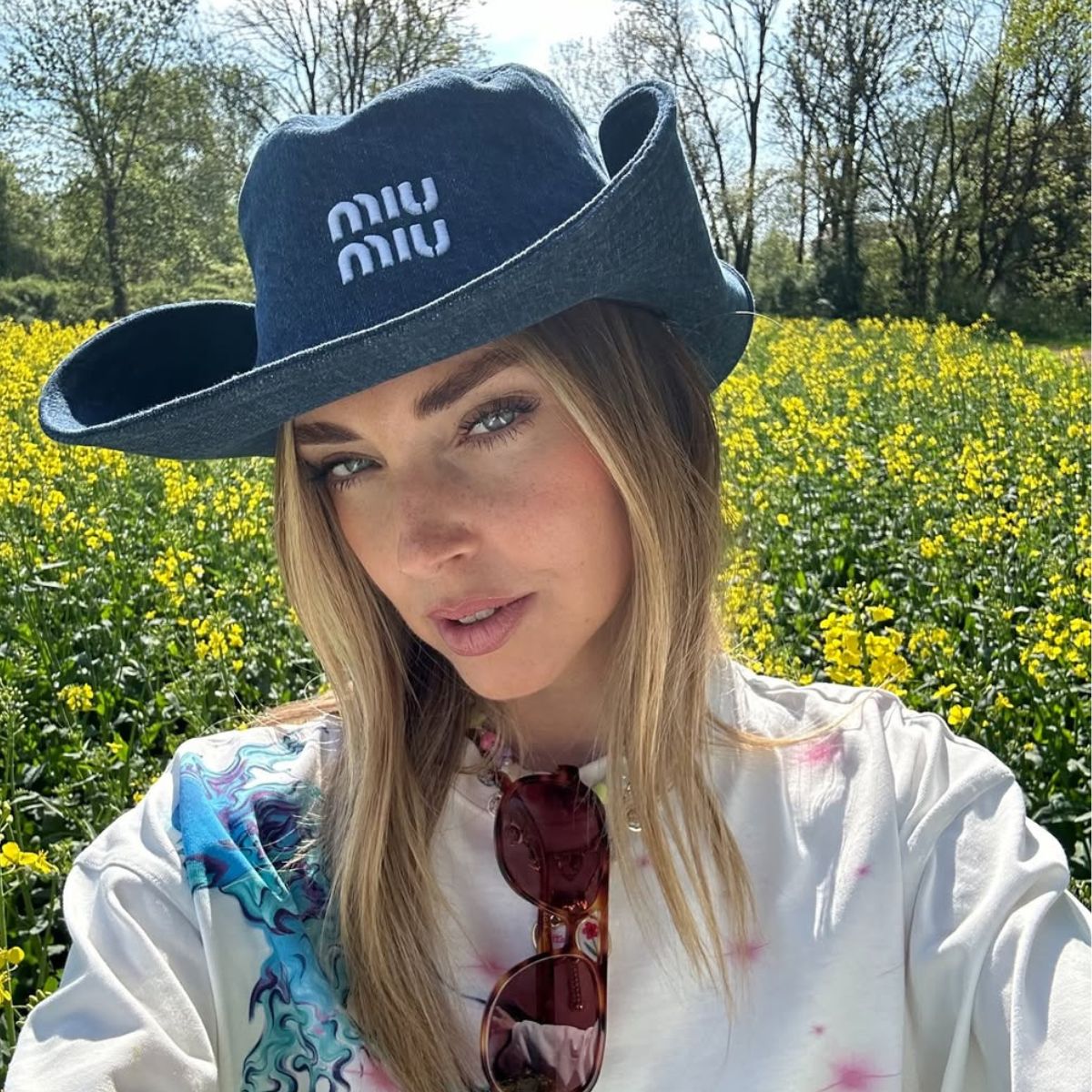 These are the 11 cult designer buys of spring 2025—and they're already selling out
These are the 11 cult designer buys of spring 2025—and they're already selling outFrom Miu Miu's must-have cowboy hat to Loewe's latest bag
By Clementina Jackson
-
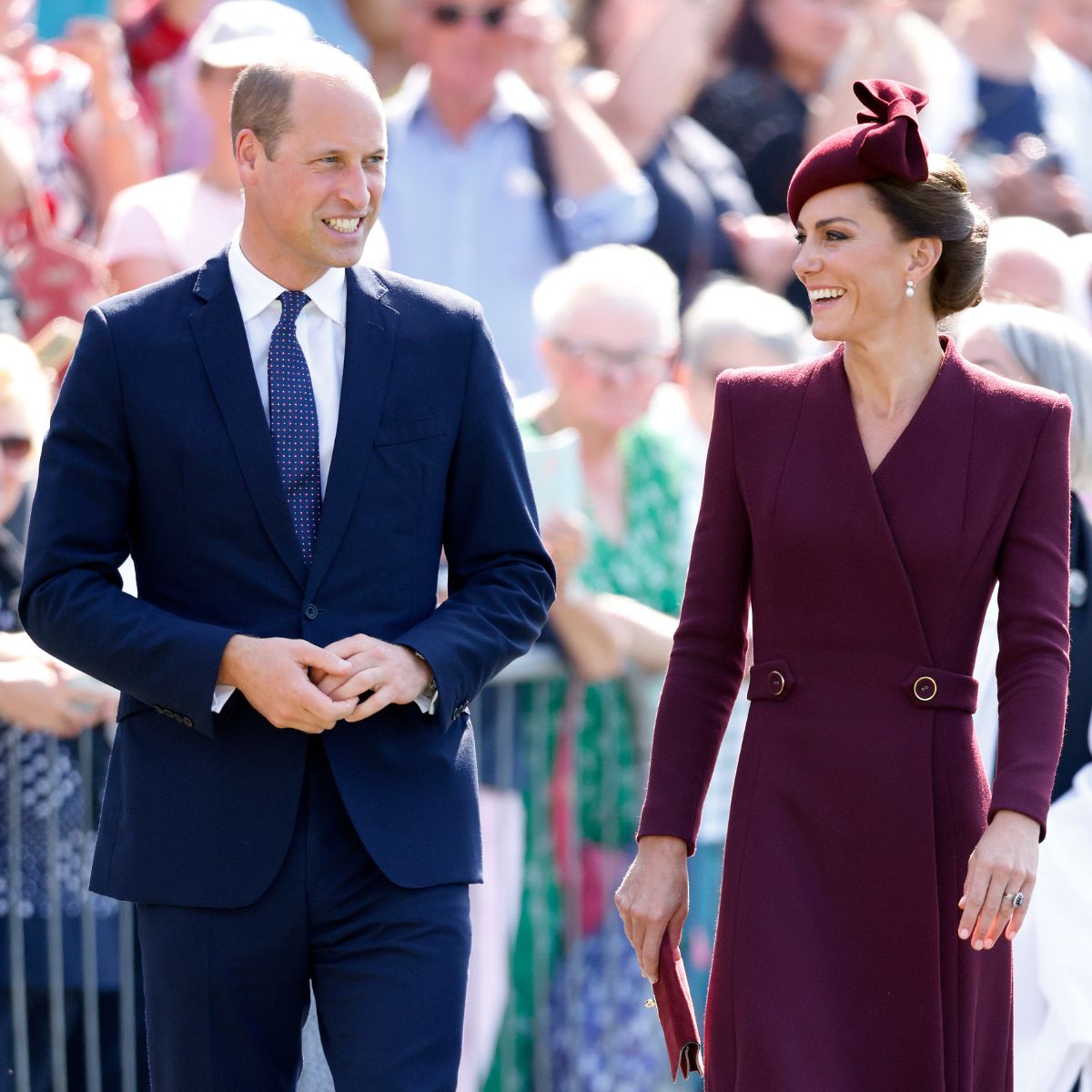 Prince William and Princess Kate have announced their 14th wedding anniversary plans
Prince William and Princess Kate have announced their 14th wedding anniversary plansBy Jenny Proudfoot
-
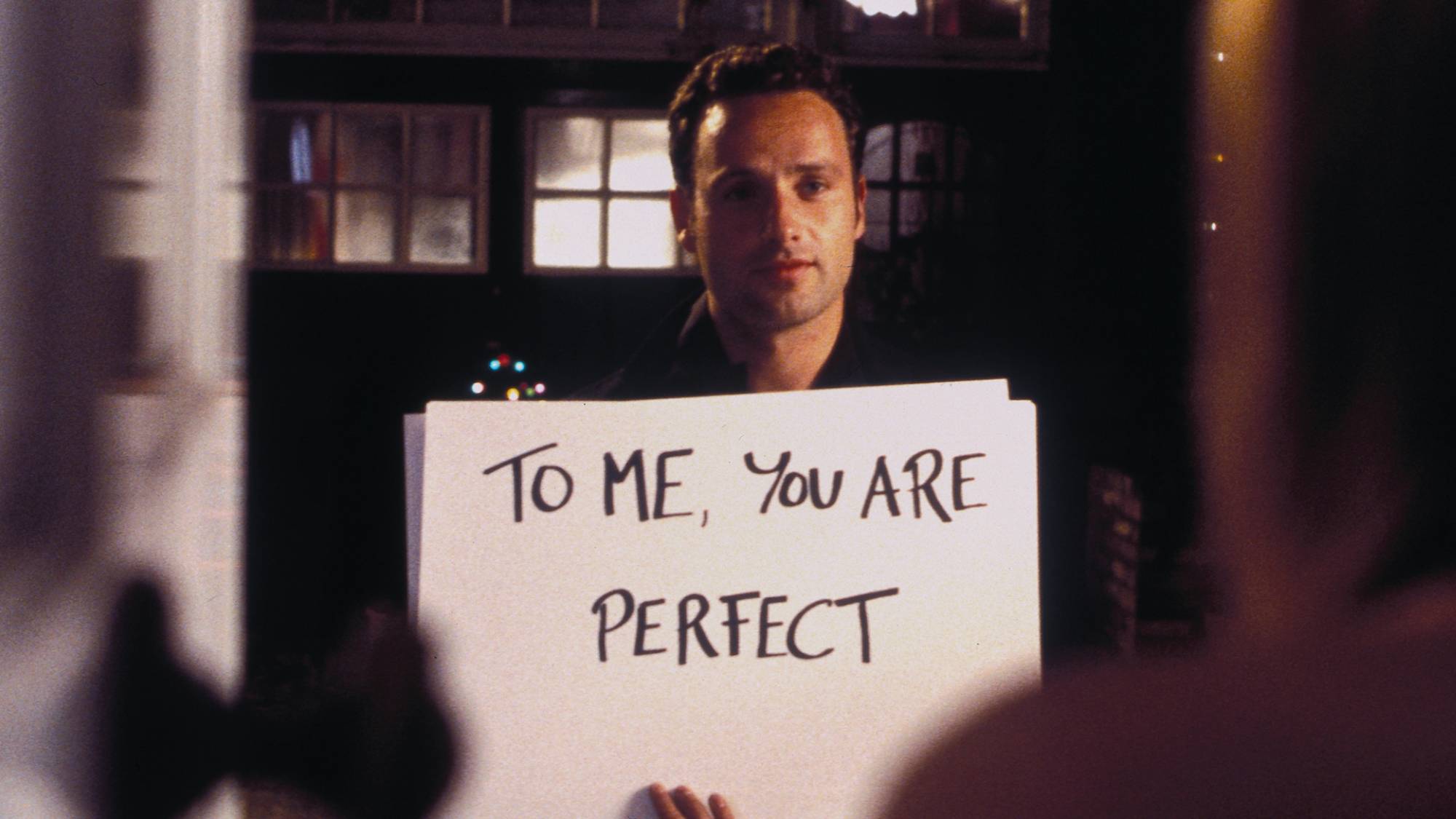 This weird Love Actually fan theory is going viral and it actually makes a lot of sense
This weird Love Actually fan theory is going viral and it actually makes a lot of senseMinds. Blown.
By Jadie Troy-Pryde
-
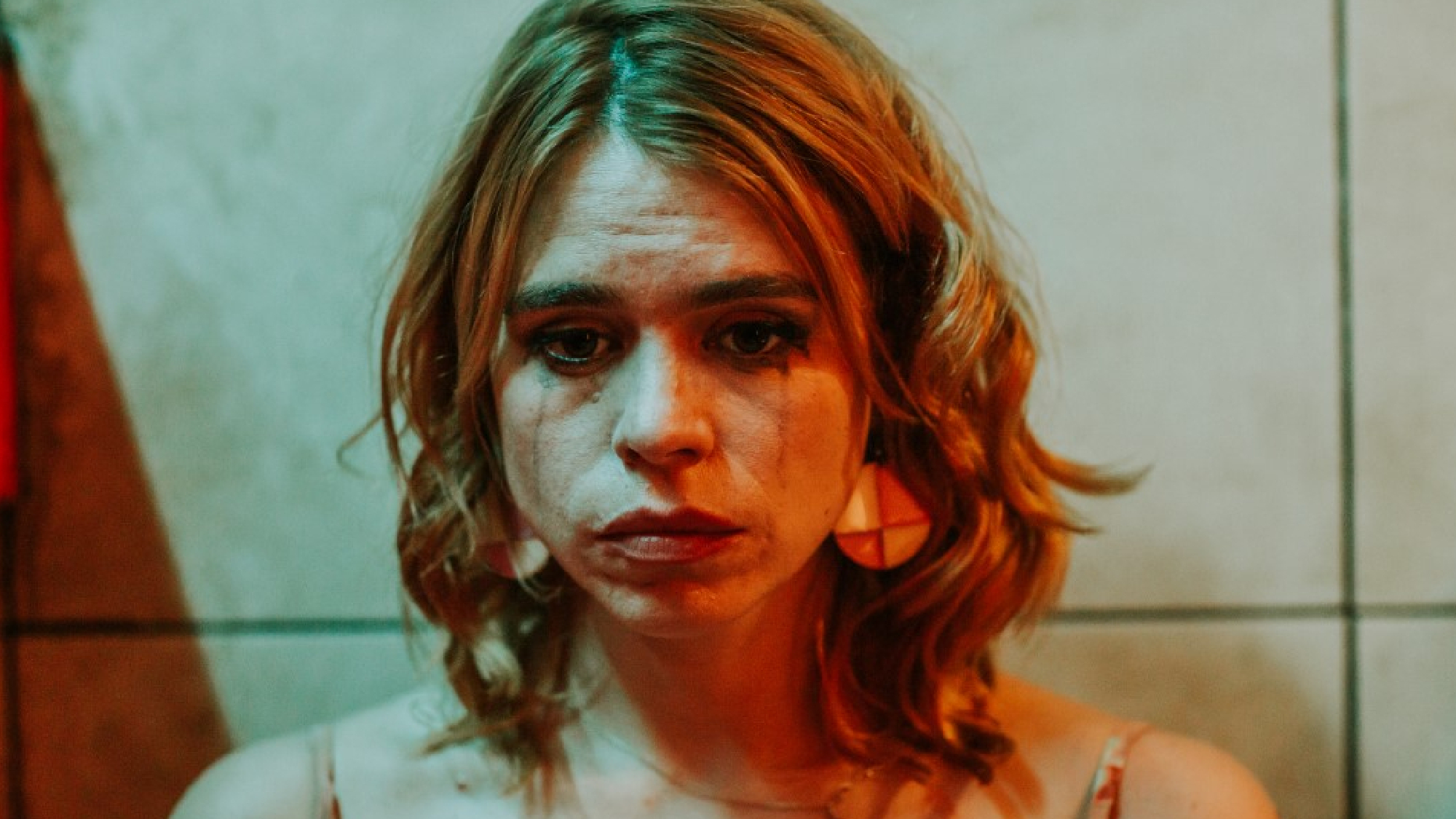 Billie Piper: "Modern love is really hard"
Billie Piper: "Modern love is really hard"As her directorial debut, Rare Beasts, hits cinema screens to rave reviews, Billie Piper shares the process behind making it - and why she was determined not to paint women as victims or wallflowers.
By Sophie Goddard
-
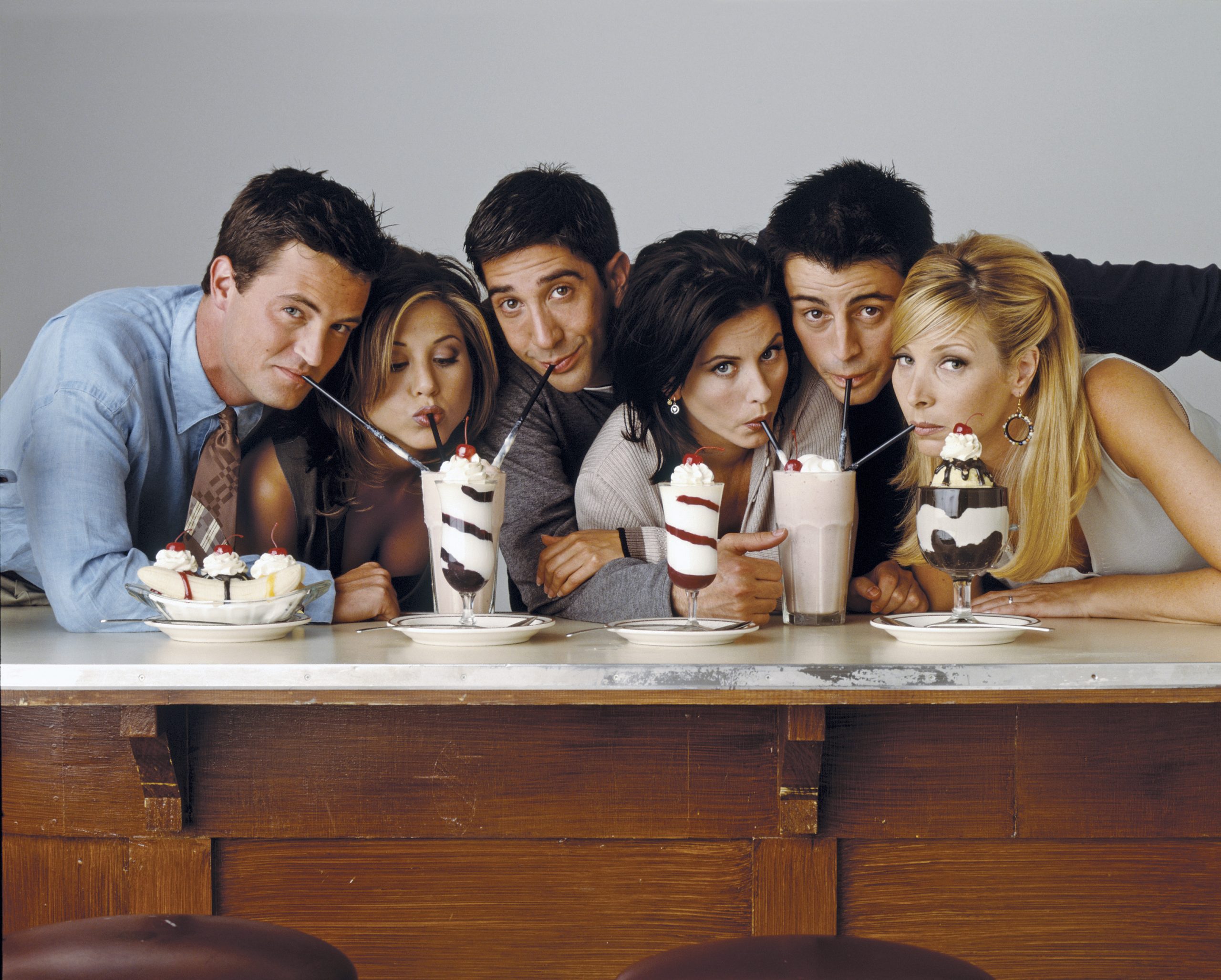 Why is everyone so obsessed with the Friends reunion?
Why is everyone so obsessed with the Friends reunion?The One Where They Get Back Together is streaming this Thursday, but why is everyone losing their minds over it?
By Sophie Goddard
-
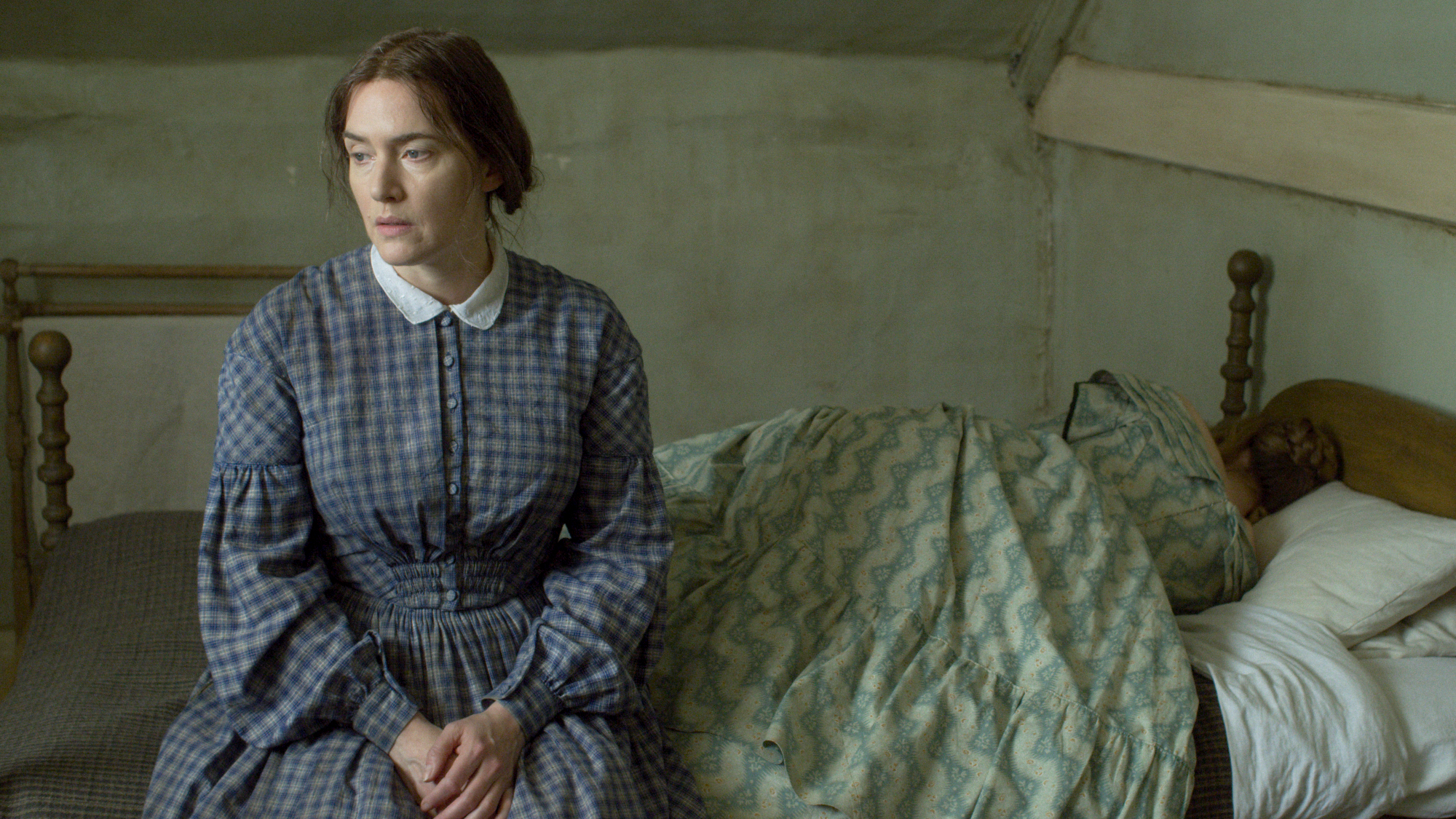 Kate Winslet: “Women know what women want”
Kate Winslet: “Women know what women want”She plays palaeontologist Mary Anning in the film everyone's talking about - here, Kate Winslet fills us in on the making of Ammonite (and yes, that sex scene...)
By Sophie Goddard
-
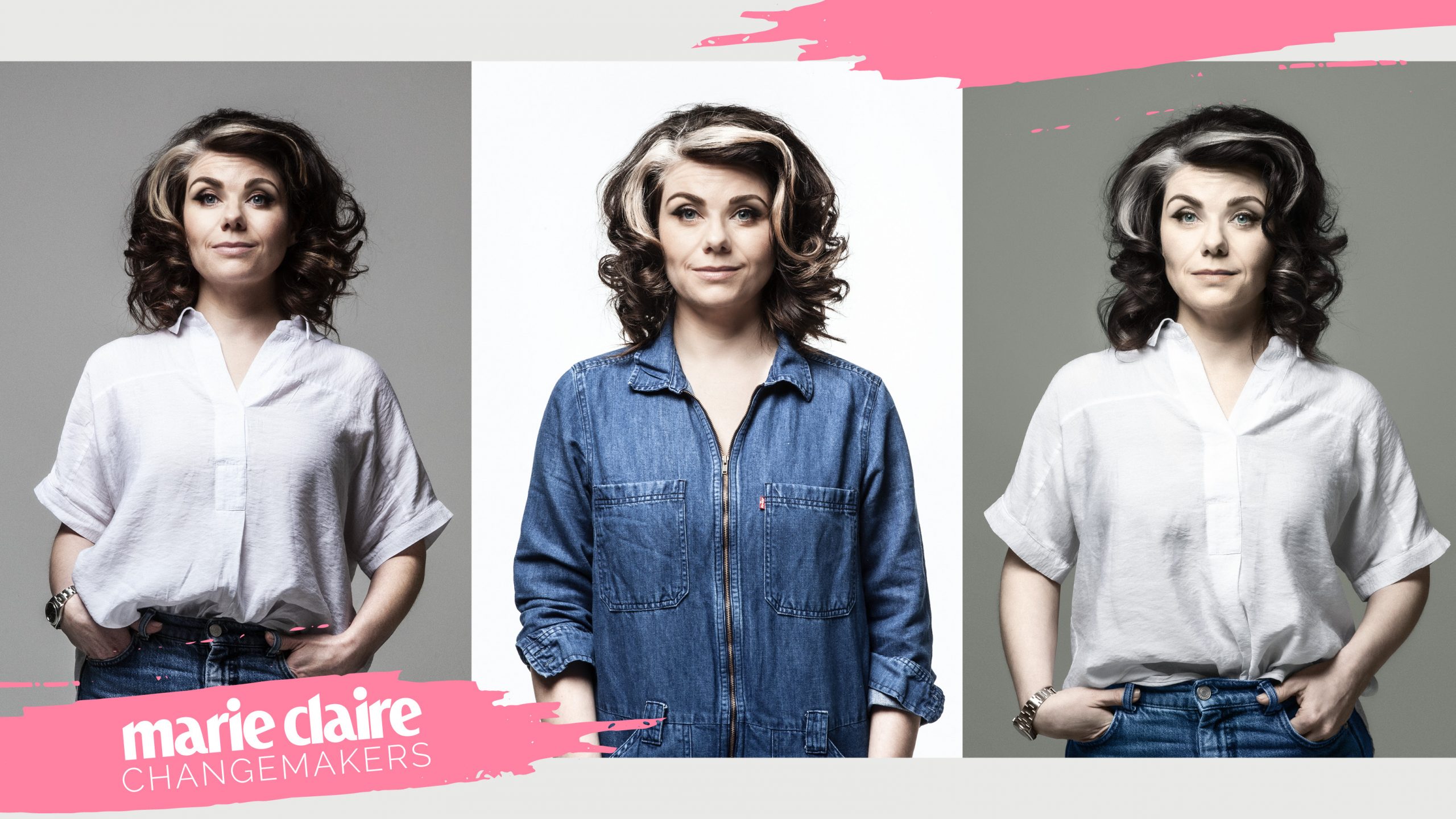 Caitlin Moran: 'The only argument you should be having in feminism is one with yourself'
Caitlin Moran: 'The only argument you should be having in feminism is one with yourself'By Jenny Proudfoot
-
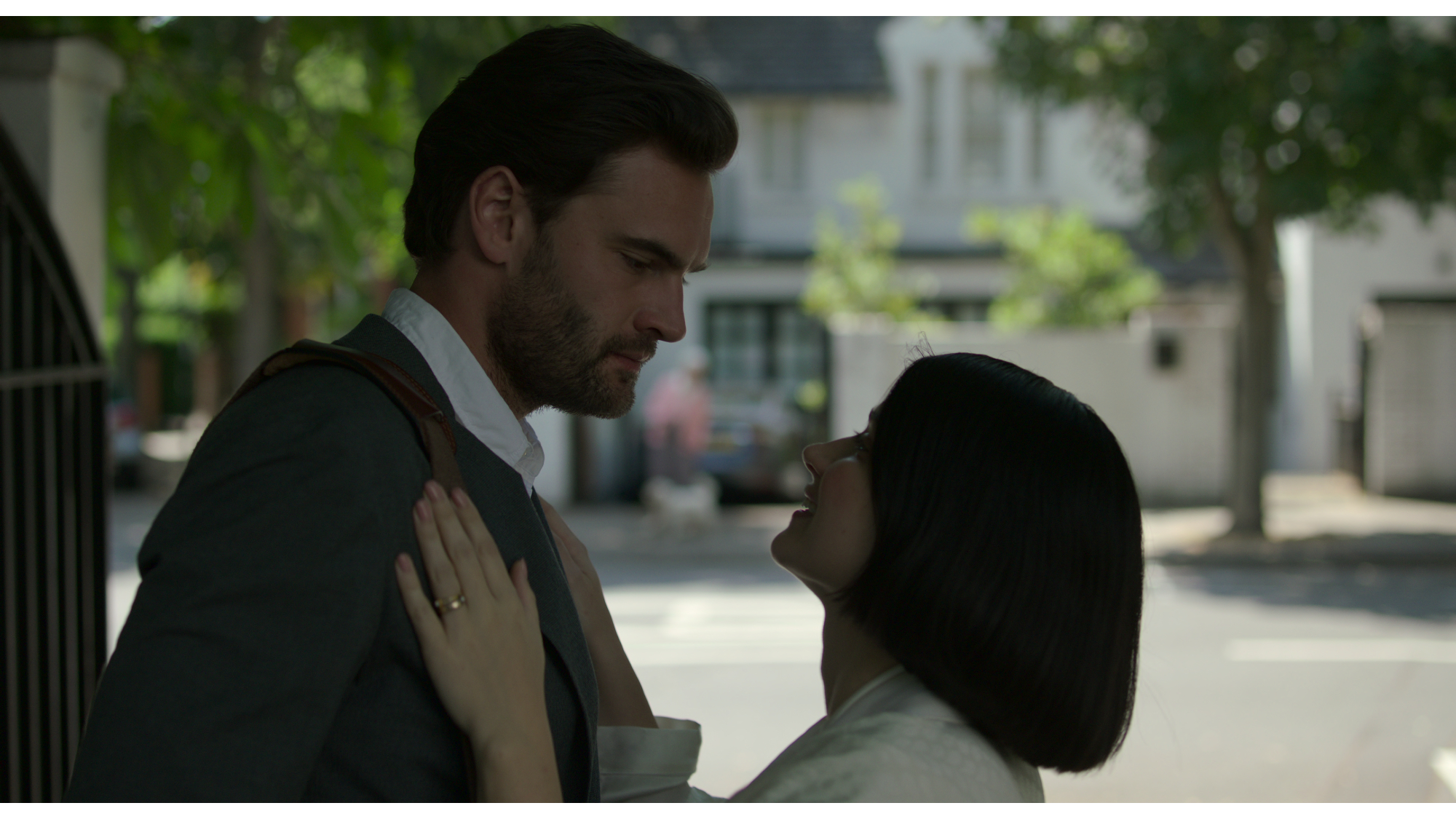 10 questions we had watching Behind Her Eyes
10 questions we had watching Behind Her EyesTrust us, you'll be just as obsessed with the new Netflix thriller starring Simona Brown, Tom Bateman and Eve Hewson
By Sophie Goddard
-
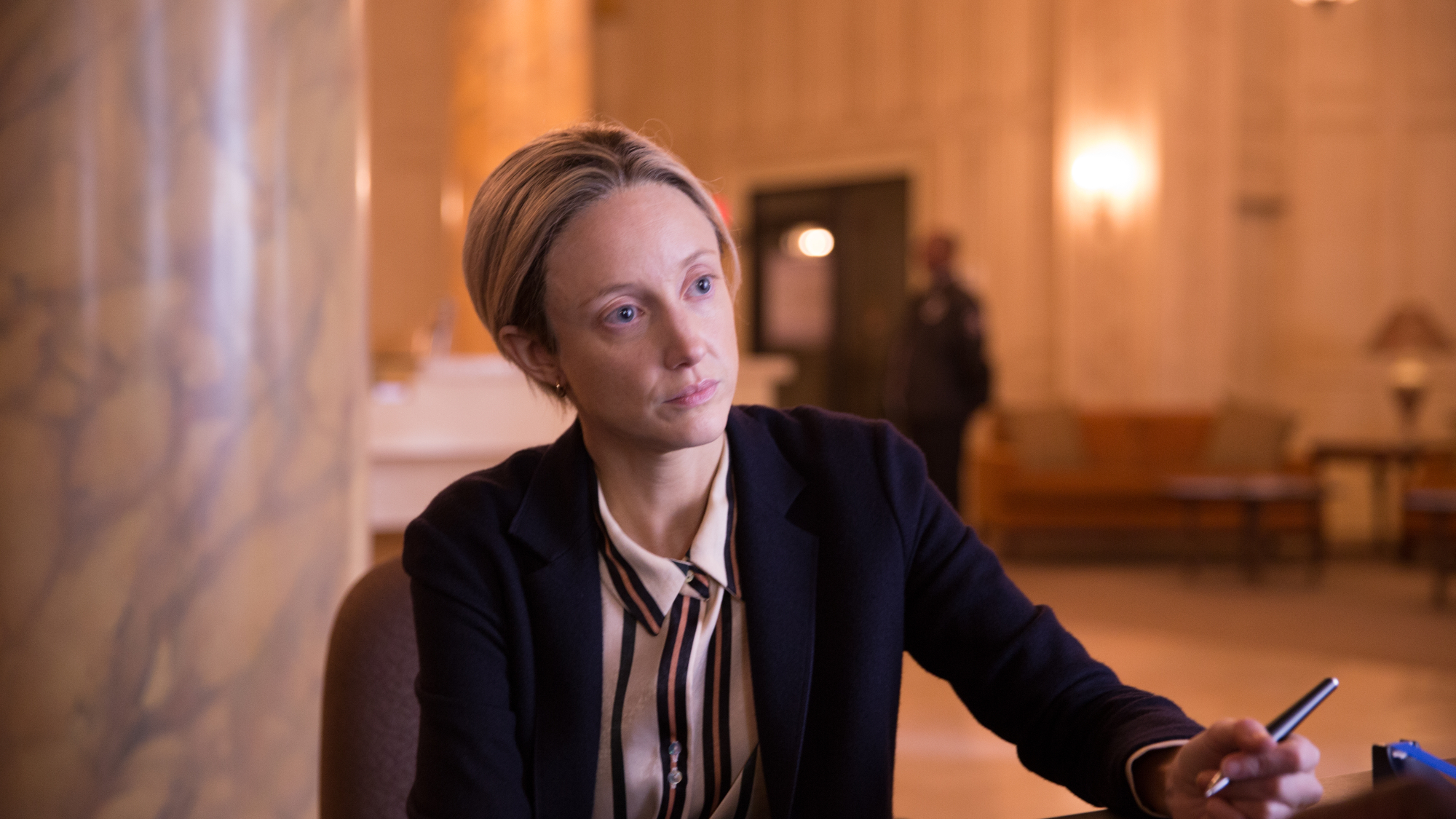 Andrea Riseborough: “There's no right way to do something differently but it's important to try"
Andrea Riseborough: “There's no right way to do something differently but it's important to try"She’s starred in some of Hollywood's biggest blockbusters and is now about to play a key member of a dangerous, cocaine-smuggling family in new crime drama ZeroZeroZero. Here, Newcastle-born actress Andrea Riseborough talks about her latest role and the landscape for women in Hollywood after #MeToo...
By Sophie Goddard
-
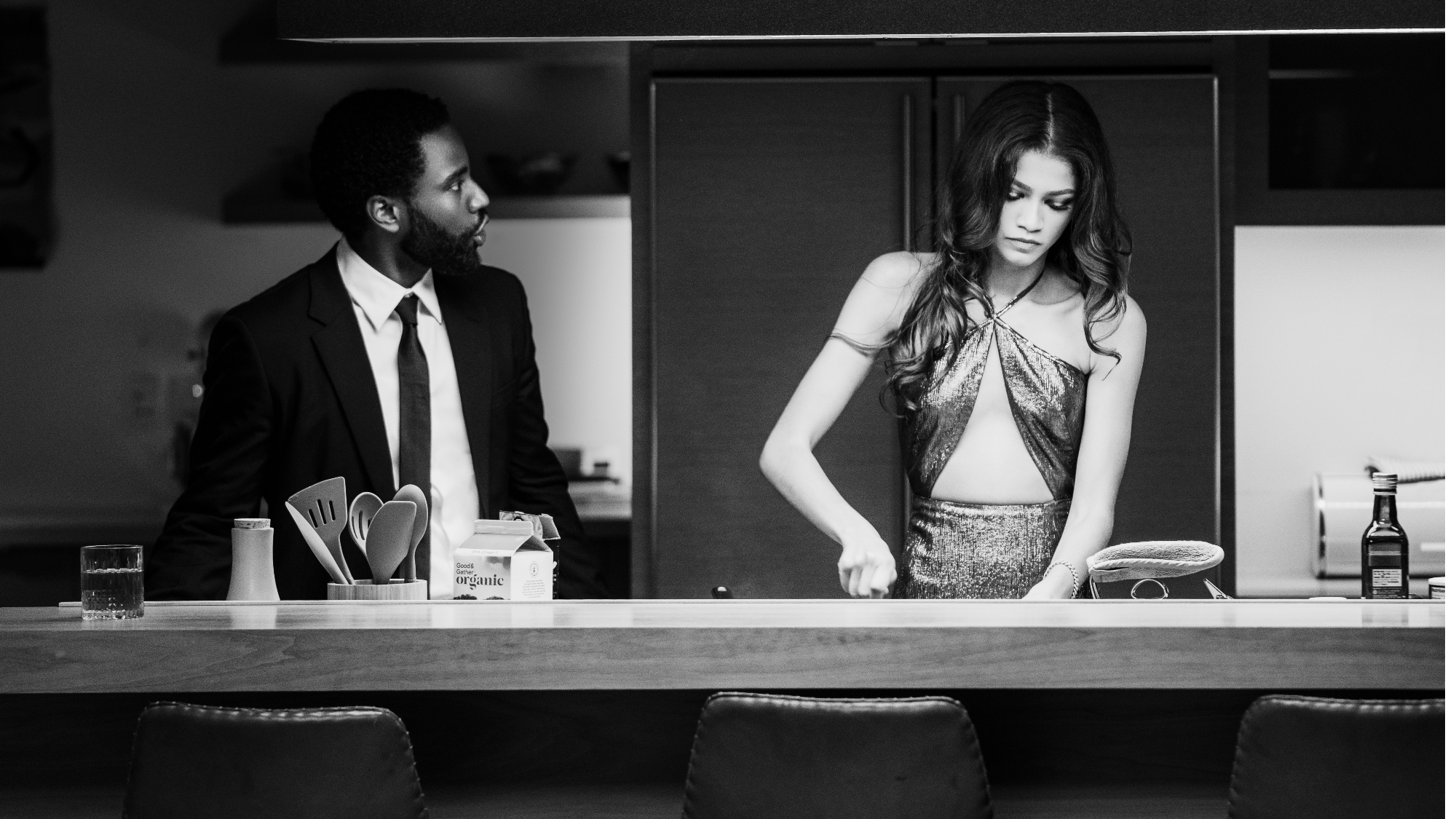 9 things you need to know about Malcolm & Marie
9 things you need to know about Malcolm & MarieFan of Euphoria? Then chances are, Malcolm & Marie is already on your radar. Written by Euphoria creator Sam Levinson, Malcolm & Marie stars Euphoria lead Zendaya and John David Washington (the pair also produce) who play a couple returning home after a movie premiere to an almighty argument. Here’s what you need to know about the love story with a twist.
By Sophie Goddard